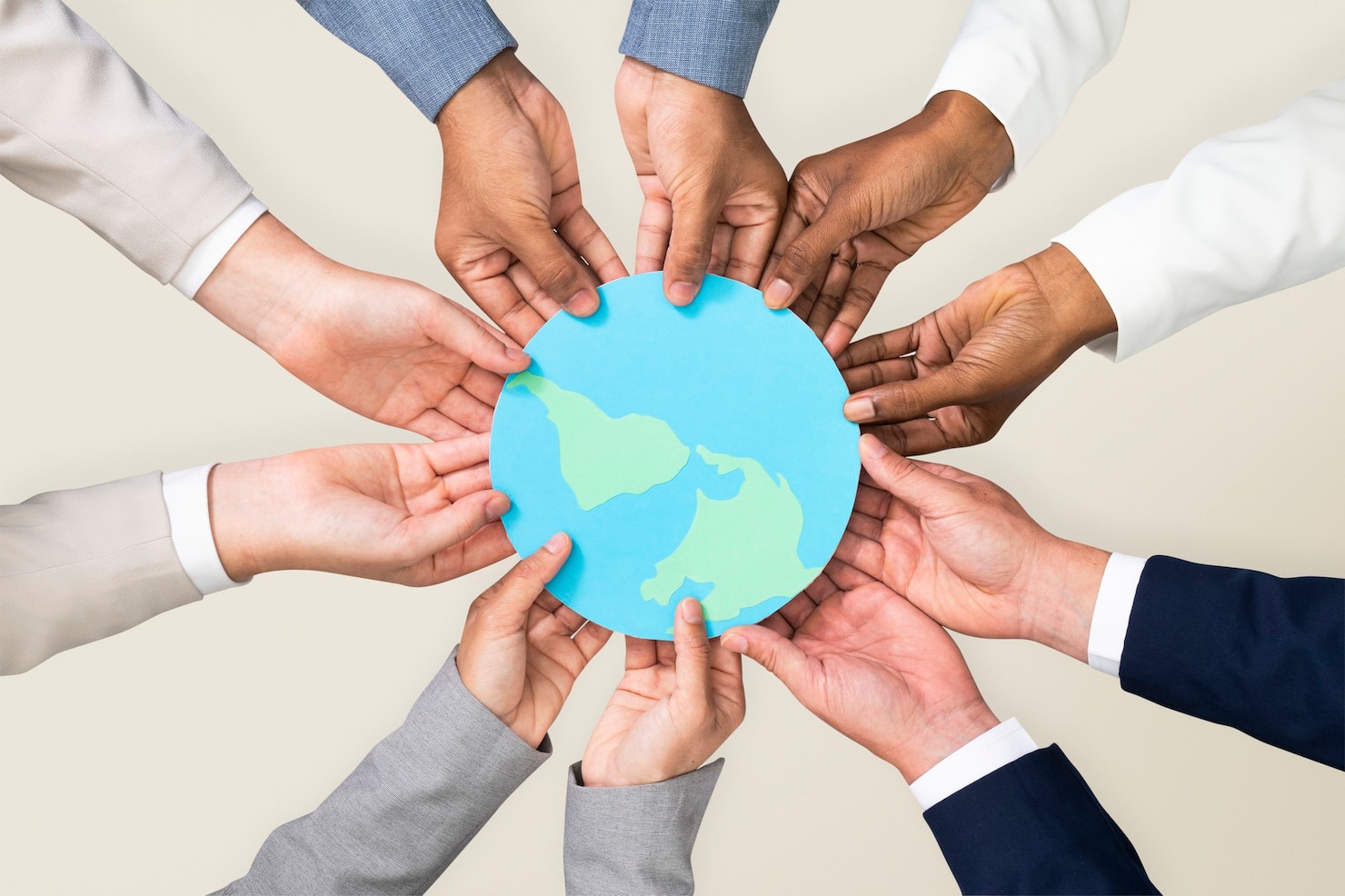Partnerships for Change
Commitment through Partnerships for a Better World
Collaborative partnerships create opportunities for the Bank to further drive the sustainable development of the local and global economy and society. In the execution of our strategy, we will collaborate in local, international and sector-wide efforts to drive improved standards and progress on Sustainable Development:
The United Nations Global Compact is a voluntary initiative based on CEO commitment aimed at mobilizing a global movement of sustainable companies and stakeholders to create the better world we seek. The UN Global Compact supports companies to do business responsibly by aligning their strategies and operations with the 10 Principles on human rights, labour, environment and anti-corruption; and by taking strategic actions to advance broader societal goals, such as the UN Sustainable Development Goals, with an emphasis on collaboration and innovation. The Bank of Industry has been an active member of the UN Global Compact, joining the international community to dedicate resources towards global efforts aimed at bridging the gap for the achievement of the SDGs. We also participate in the activities of the local network in Nigeria, collaborating to address social, environmental and economic development issues locally through strategic interventions and programmes.
United Nations Environment Programme Finance Initiative (UNEP FI) is a partnership between UNEP and the global financial sector to mobilize private sector finance for sustainable development. UNEP FI works with more than 400 members – banks, insurers, and investors – and over 100 supporting institutions – to help create a financial sector that serves people and the planet while delivering a positive impact. In 2021, the Bank joined the initiative as part of our strategy to further align our business with global best practices for sustainable development whilst collaborating with the global Banking industry to drive sustainable finance for the socio-economic development of society. Through this partnership, we were able to achieve a pioneering impact for the Bank and our industry at large:
Becoming the First Nigerian DFI signatory to the UN Principles for Responsible Banking: the Bank became an official signatory of the UN Principles for Responsible Banking – a single framework for a sustainable banking industry developed through a partnership between banks worldwide and the United Nations Environment Programme Finance Initiative (UNEP FI). Banks who have signed the Principles commit to being ambitious in their sustainability strategies, working to mainstream and embed sustainability into the heart of their business, while allowing them to remain at the cutting edge of sustainable finance. Over 240 banks have now joined this movement for change, leading the way towards a future in which the banking community makes the kind of positive contribution to people and the planet that society expects. These banks represent more than a third of the global banking industry. This is a journey of unprecedented scale and scope at a time when such ambition is urgently needed. BOI emerged as the first Development Finance Institution in Nigeria to do so.
Becoming founding signatories to the UN’s collective commitment to financial health & inclusion: BOI joined the United Nations Environment Programme Finance Initiative (UNEP FI) to launch the Collective Commitment to Financial Health and Inclusion – a first-of-its-kind initiative of the banking sector to promote universal and financial inclusion. The Collective Commitment to Financial Health & Inclusion is a new initiative of the United Nations Environment Programme Finance Initiative (UNEP FI) dedicated to promoting universal financial inclusion and the financial health of banks’ customers.
The World Economic Forum (WEF) is the International Organization for Public-Private Cooperation bringing together stakeholders from all sectors of society to shape the future for the better and generate great impact through purpose-driven communities and impact-driven platforms.
Reinforced by a track record of success over five decades, WEF is the trusted platform for high-level, multi-stakeholder interaction on sustainable development. In 2021, the Bank became a member of the World Economic Forum alongside over 750 global business leaders. This partnership is in line with the Bank’s vision to be Africa’s leading DFI operating under global best practices; and will strengthen our efforts to increase sustainability impact. Through this partnership, the Bank has made significant progress in joining the global community to collaborate for sustainable impact:
Becoming a member of the World Economic Forum’s Sustainable Development Investment Partnership (SDIP): A joint initiative of the World Economic Forum and the Organisation for Economic Co-operation and Development (OECD), SDIP is a global independent platform of 42 public, private and philanthropic institutions with the shared ambition to scale finance for the SDGs and overcome the barriers hindering private investments in emerging and developing countries. BOI joined this partnership to contribute to the strategic discussions and shape policies and interventions that would foster the finance of
The Sustainability Standards & Certification Initiative (SSCI) is an all-encompassing framework of the European Organization of Sustainable Development that delivers a holistic, robust, evolving, and locally-sensitive set of standards to make value-driven financial institutions more resilient and profitable. It is a framework for holistic integration of sustainability to drive innovation in the organizational culture, enabling institutions to create new income streams and thrive for the long term in an ever more volatile world.
In July 2021, the Bank of Industry was accepted into the Sustainability Standards and Certification Initiatives of the European Organization for Sustainable. This highlights our continued commitment to driving sustainable development through strategic social, environmental and economic investments and interventions across Nigeria.

